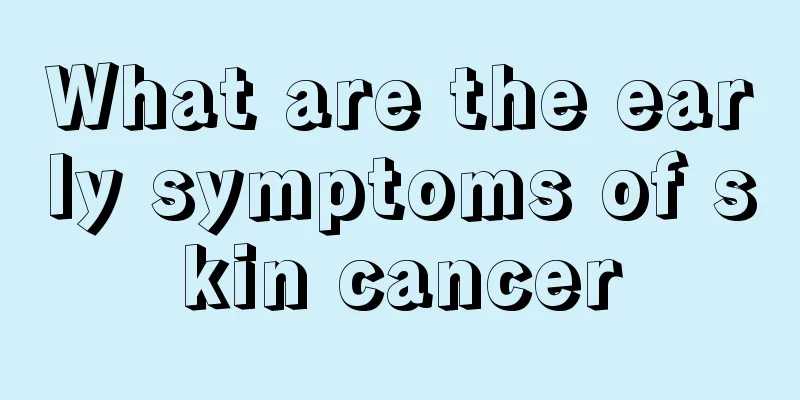Can nasopharyngeal cancer be transmitted through sex?

|
Nasopharyngeal cancer is a disease that troubles many patients and many families. Many people are worried about whether nasopharyngeal cancer is contagious. Experts point out that the so-called contagion means that a disease is transmitted from one person to another through some means. Contagion must meet three conditions: the source of infection, the route of transmission and the susceptible population. Clinical data prove that cancer patients themselves are not the source of infection. This means that nasopharyngeal cancer is not contagious. Experts have conducted experiments in which cancerous tissue removed from a cancer patient was directly implanted in another person and failed to survive and grow. Animal experiments have also proven that when cancerous animals and healthy animals were kept together for a long time, no infection was observed after repeated observation and examination. This also proves from a certain perspective that nasopharyngeal cancer is not contagious. In addition, cancer is not currently listed as an infectious disease in the world, and patients are not isolated as infectious diseases. The incidence of cancer among medical staff is not higher than that of the general population. Although it is currently believed that the occurrence of certain cancers is related to certain viruses, such as cervical cancer, nasopharyngeal cancer, and leukemia, it has not yet been confirmed that infection with certain viruses will definitely lead to certain cancers. Nasopharyngeal cancer itself is not a source of infection and is not contagious. However, studies have found that most patients with nasopharyngeal cancer carry a virus called Epstein-Barr virus, commonly known as the "kissing virus," which is an important killer that causes nasopharyngeal cancer. EB virus is transmitted through saliva exchange, and kissing is the most common way of transmission. Other transmission routes include sneezing, coughing, sharing of tableware and blood transfusion. The infected person will have a headache, fever, liver enlargement, dehydration, and diarrhea. The symptoms usually last for 2 to 4 weeks, but those with poor immunity will have symptoms for longer. This virus is more common in young people around 20 years old, so experts remind people not to kiss strangers to reduce the chance of nasopharyngeal cancer. Nasopharyngeal carcinoma is not contagious like other pathogens. The presence of Epstein-Barr virus can aggravate the occurrence of nasopharyngeal carcinoma, but it does not fundamentally prove that nasopharyngeal carcinoma is contagious. |
<<: Sequelae and complications of nasopharyngeal carcinoma
>>: How long can one live with advanced colorectal cancer
Recommend
Fat loss training plan at home
Obesity is caused by the accumulation of body fat...
What does a hemangioma look like
Hemangioma is a type of tumor. Unlike other tumor...
What should lung cancer patients eat? Eating these six foods is good for you
Lung cancer does make people feel worried after i...
How to eat onions to lose weight? The onion weight loss recipes are actually these
Onions are a food that we often eat in daily life...
What are the health care measures for ovarian tumors
Ovarian malignant tumor is a common tumor that th...
What diseases are easily confused with prostate cancer
In recent years, prostate cancer has become one o...
How to remove the sweat hair on the lips, three tricks can solve it
Women are all very concerned about beauty. If the...
How can I remove mildew spots on clothes quickly
Most parts of my country have a subtropical monso...
Is the survival rate of prostate cancer bone metastasis high? Is prostate cancer bone metastasis in the late stage?
We all know that prostate cancer is a serious mal...
How long can breast milk be stored
It is also important to store excess breast milk ...
How to draw eyebrows with an automatic eyebrow pencil
Automatic eyebrow pencil is the first choice for ...
What are the early symptoms of testicular cancer? What does it feel like to have testicular cancer?
One of the early symptoms of testicular cancer is...
How long can one live with advanced ovarian cancer
Ovarian cancer is often already in the late stage...
Does peach gum contain collagen?
Collagen can better help us beautify and make our...
What are some exercises for losing weight after childbirth?
After giving birth, the most concerning issue for ...









